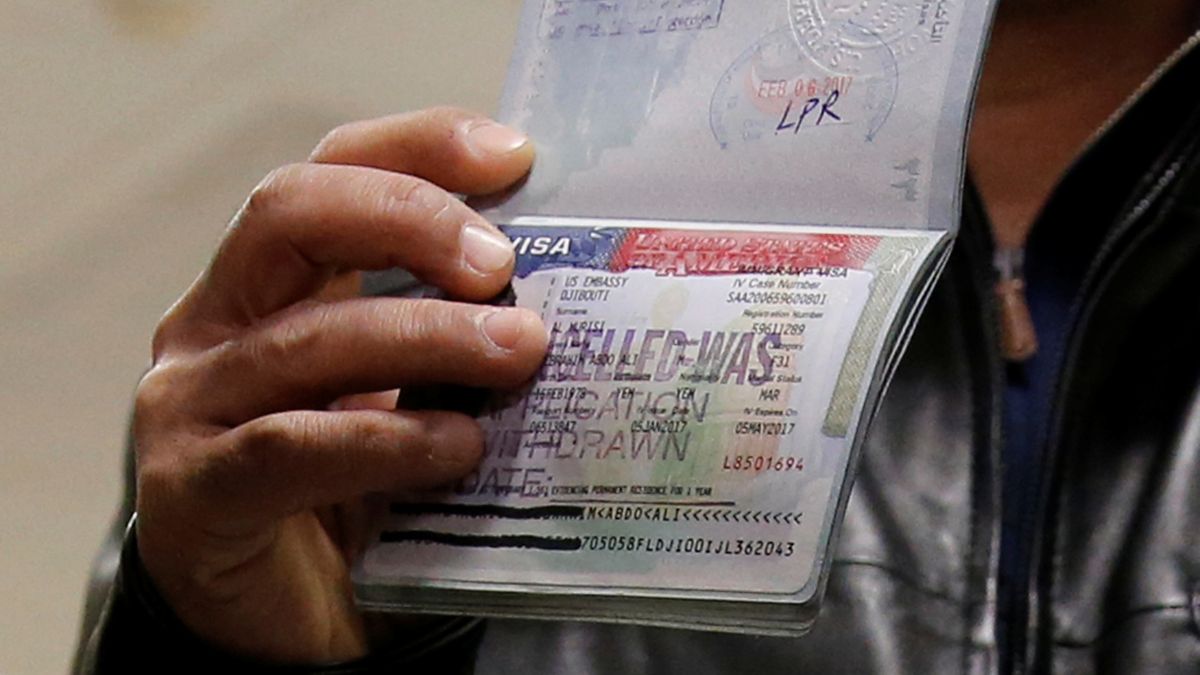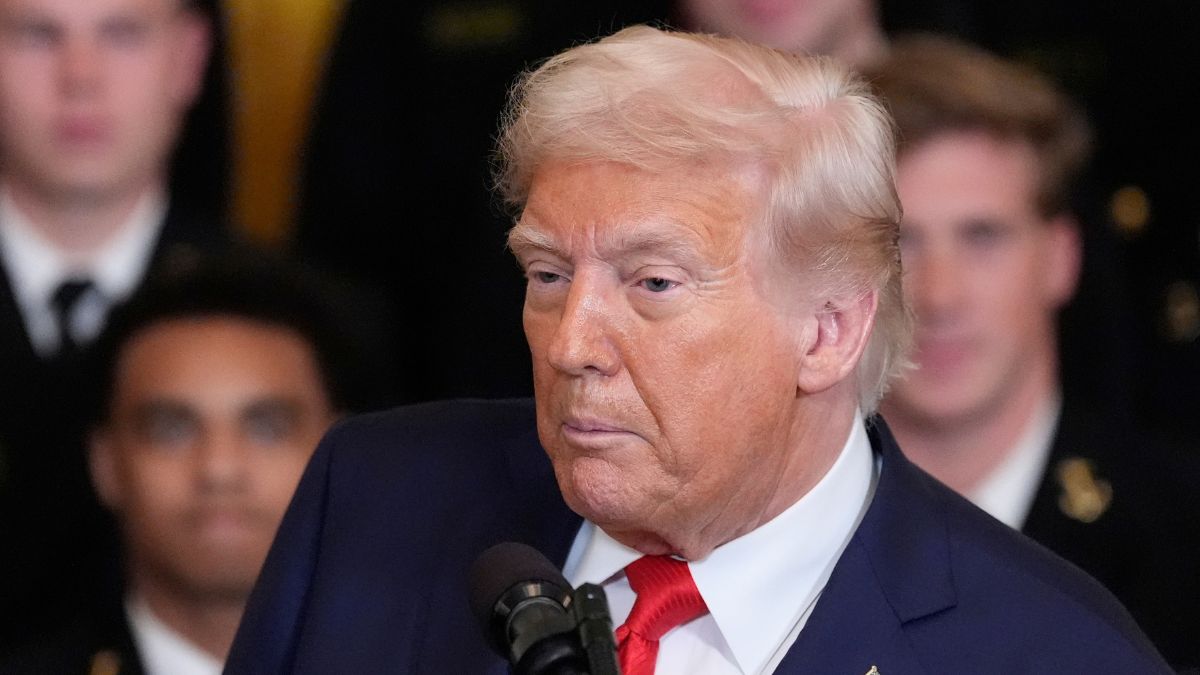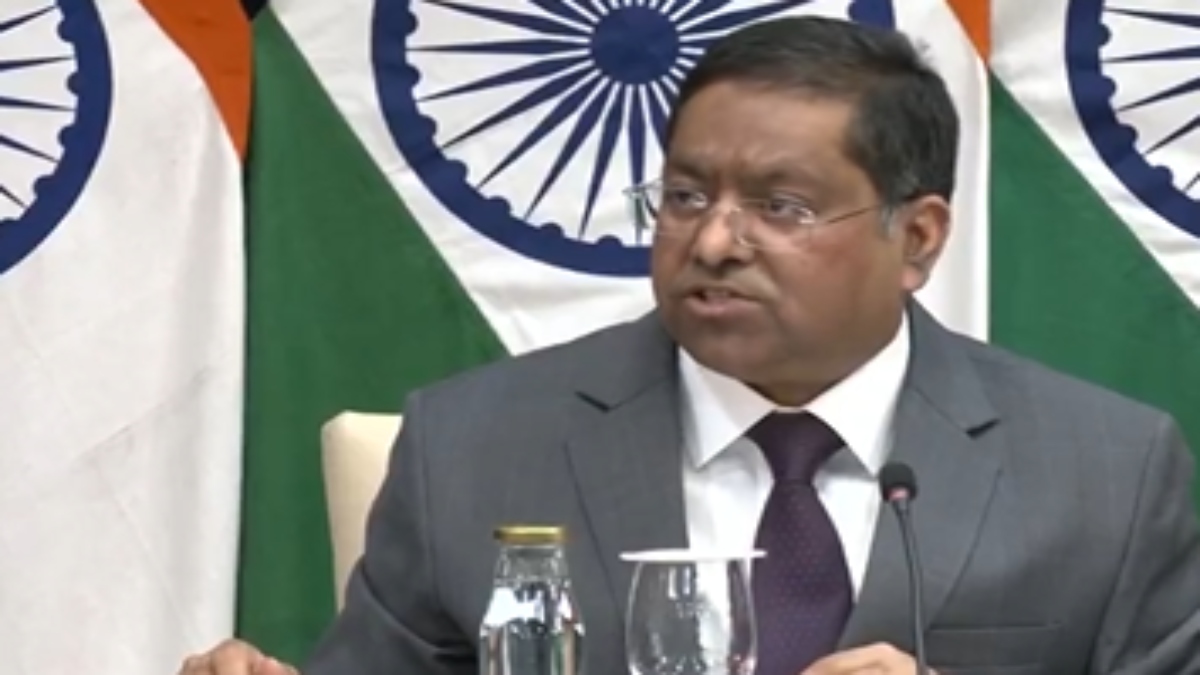A federal judge in Wisconsin has halted the deportation of an Indian student whose student visa was abruptly cancelled just weeks before he was due to graduate from the University of Wisconsin-Madison.
The student, Krish Lal Isserdasani, a 21-year-old undergraduate in computer engineering, had maintained full-time academic enrolment and good standing throughout his studies and was on track to graduate on May 10, 2025 — only 30 days from the time the visa termination notice was delivered.
On April 4, 2025, Isserdasani was informed via email that his record in the Student and Exchange Visitor Information System (SEVIS) had been terminated.
The message, from the university’s International Student Services (ISS), cited “OTHERWISE FAILING TO MAINTAIN STATUS – Individual identified in criminal records check and/or has had their VISA revoked” as the reason for the termination. No further detail or explanation was provided.
The sudden revocation meant that Isserdasani’s authorisation to remain in the US would expire on May 2 — eight days before commencement — without any formal notification, opportunity to appeal, or chance to clarify or rectify the circumstances.
What led to Isserdasani’s visa revocation
The visa termination appeared to stem from an arrest five months earlier. On the night of November 22, 2024, Isserdasani and a group of friends became involved in a verbal altercation with another group while walking home from a bar.
He was arrested on a misdemeanour charge of disorderly conduct. However, the Dane County District Attorney, Ismael Ozanne, reviewed the case and chose not to press charges. Isserdasani never received a court summons and reasonably believed the matter had been resolved.
Despite this, federal immigration authorities appear to have used the arrest — without a conviction — as the basis for terminating his F-1 student status.
Judge William Conley, who presided over the case in the US District Court for the Western District of Wisconsin, found that this action lacked legal justification under the applicable immigration regulations.
What the US law states
Under US immigration law, specifically 8 C.F.R. § 214.1(g), a student visa may only be terminated on grounds of “criminal activity” if the individual has been convicted of a “crime of violence for which a sentence of more than one year imprisonment may be imposed.”
The offense of disorderly conduct in Wisconsin is a Class B misdemeanour, punishable by no more than 90 days in jail. Since the case against Isserdasani was not pursued by prosecutors, there was neither a conviction nor an offence meeting the federal criteria to justify the termination of visa status.
Conley noted in his 12-page ruling that Isserdasani had not engaged in unauthorised employment, misrepresented any information to immigration authorities, or violated other terms of his F-1 visa.
Also Watch:
The decision criticised the Department of Homeland Security (DHS) and Immigration and Customs Enforcement (ICE) for failing to adhere to their own regulations, which permit SEVIS termination only in narrowly defined circumstances — none of which applied in this case.
According to the ruling, Isserdasani had received no communication from ICE, DHS, or the US State Department prior to his SEVIS termination, and thus had no chance to defend himself.
“Given the amount of Isserdasani’s educational expenses and potential losses from having to leave the United States without obtaining his degree, the court concludes that Isserdasani credibly demonstrates that he faces irreparable harm for which he has no adequate remedy at law in the absence of injunctive relief,” Conley wrote.
How the news affected Isserdasani
The court acknowledged the profound impact of the visa termination on the student’s future. Isserdasani and his family have spent approximately $240,000 on his US education.
Additionally, he stands to lose $17,500 in tuition fees for the current semester if forced to leave the country. He is also contractually obligated to pay for housing over the next four months, despite potentially not being allowed to reside in the country.
Beyond financial hardship, Isserdasani reported significant mental distress as a result of the termination. According to the order, he has been unable to sleep and is afraid to leave his apartment due to fears of being detained or deported at any moment.
The ruling also noted that if Isserdasani were forced to leave the US before May 10, he would be unable to complete his degree or apply for Optional Practical Training (OPT), a critical pathway for international students to gain work experience in their field of study post-graduation.
How visa cancellations in the US are increasing
Isserdasani is not alone in this predicament. Since January 2025, the Trump administration has reportedly cancelled the visas of over 1,000 international students across the country.
According to the Wisconsin State Journal, at least 26 international students and recent alumni at UW-Madison alone have seen their visas terminated unexpectedly, with more than 40 such cases reported system-wide across University of Wisconsin campuses.
Notably, university officials were not informed about these actions in advance. Staff discovered these cancellations by continuously checking immigration databases for changes to students’ statuses.
The Trump administration has been accused of targeting international students for a range of reasons, including minor legal issues or involvement in pro-Palestinian demonstrations.
In a separate instance addressed in the same court order, an Iranian graduate student from Iowa State University, Hamidreza Khademi, also had his deportation temporarily blocked.
He had been accused of evading a law enforcement officer in Texas — a charge that never resulted in prosecution. The court similarly found no legal justification for the termination of his visa.
Why the ruling is a big deal
The legal team representing Isserdasani praised the ruling as a crucial affirmation of due process.
“These international students have done absolutely nothing wrong. They have followed US laws and fully complied with the terms of their student status. They do not deserve this,” Wisconsin State Journal quoted attorney Shabnam Lotfi of Lotfi Legal.
“America must speak out against this injustice and not allow the Administration to distort the facts for their own political purposes,” she added, stating that the decision restored fairness in a situation where basic legal standards were overlooked.
Conley’s opinion went further in its defense of academic rights and the integrity of student contracts. “The public, which includes the taxpayers of the State of Wisconsin, has an overriding interest in seeing that students at the University of Wisconsin are able to be educated and obtain degrees earned with both sweat equity and tuition payments, unless there is a good reason to deny either,” he wrote.
“So far, defendants have offered nothing to suggest Isserdasani is undeserving of a degree after years of effort and payment of tuition, much less should be deported from the United States before completing his degree.”
Also Watch:
The ruling does not permanently reinstate Isserdasani’s visa but bars federal authorities from deporting him or taking enforcement action while the case proceeds.
It also sets a precedent that arbitrary termination of student visas, particularly without conviction or opportunity for appeal, may not hold up under legal scrutiny.
With inputs from agencies


)
)
)
)
)
)
)
)
)